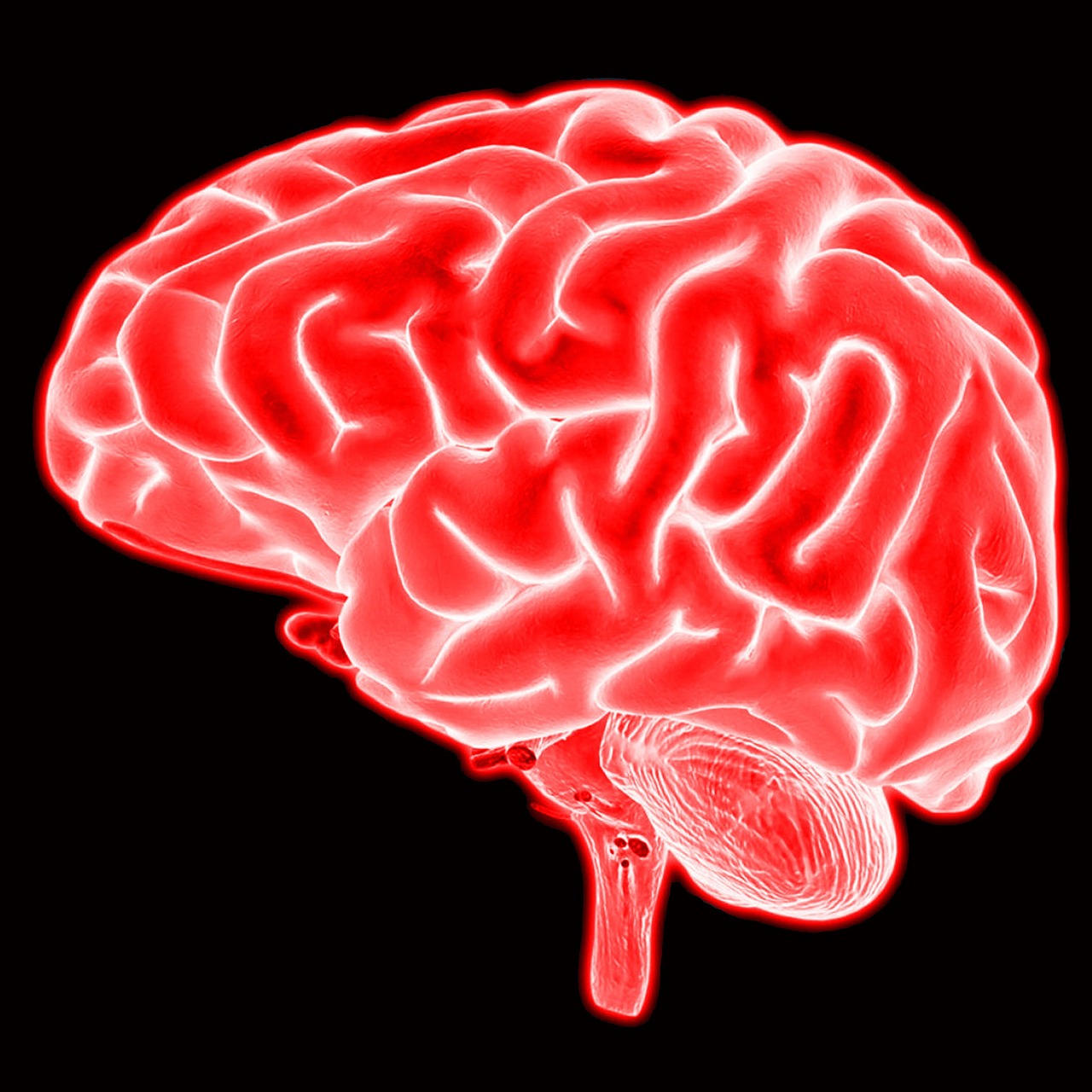
SHARE THIS ARTICLE:
New Treatment for Neuro Lyme?
 Frontiers in Immunology (Geetha Parthasarathy) 04.03.2024, published “Fibroblast growth factor receptor inhibitors mitigate the neuropathogenicity of Borrelia burgdorferi or its remnants ex vivo.” Geetha Parthasarathy, Ph.D., assistant professor of microbiology and immunology at the Tulane National Primate Research Center, is the principal investigator who has identified a promising new approach to treating persistent neurological symptoms associated with Lyme disease.
Frontiers in Immunology (Geetha Parthasarathy) 04.03.2024, published “Fibroblast growth factor receptor inhibitors mitigate the neuropathogenicity of Borrelia burgdorferi or its remnants ex vivo.” Geetha Parthasarathy, Ph.D., assistant professor of microbiology and immunology at the Tulane National Primate Research Center, is the principal investigator who has identified a promising new approach to treating persistent neurological symptoms associated with Lyme disease.Parthasarathy discovered a type of drug that had previously been studied for cancer treatment has shown to significantly reduce inflammation and cell death in brain and nerve tissues infected with Borrelia burgdorferi. These drugs are fibroblast growth factor receptor (FGFR) inhibitors. Nerve tissue that was exposed to live or inactivated B. burgdorferi, followed by an application of FGFR inhibitors, exhibited a significant reduction in both inflammatory markers and cell death. FGFR inhibition is proving to be an effective anti-inflammatory treatment for neurological Lyme disease that has not responded to antibiotic treatments. Targeting the FGFR pathways provides a new therapeutic approach to addressing persistent neuroinflammation in patients with post-treatment Lyme disease syndrome (PTLDS).
Inflammation contributes to the debilitating neurological symptoms for many chronic Lyme disease patients. Though additional work is necessary to translate these findings into clinical treatments, this study provides a path to understanding and potentially managing the symptoms that plague so many people. This breakthrough drug offers new hope for better quality of life to the many chronic Lyme patients who suffer from long-term effects of the bacterial infection.
For More Information:
Read the Frontiers in Immunology Article





